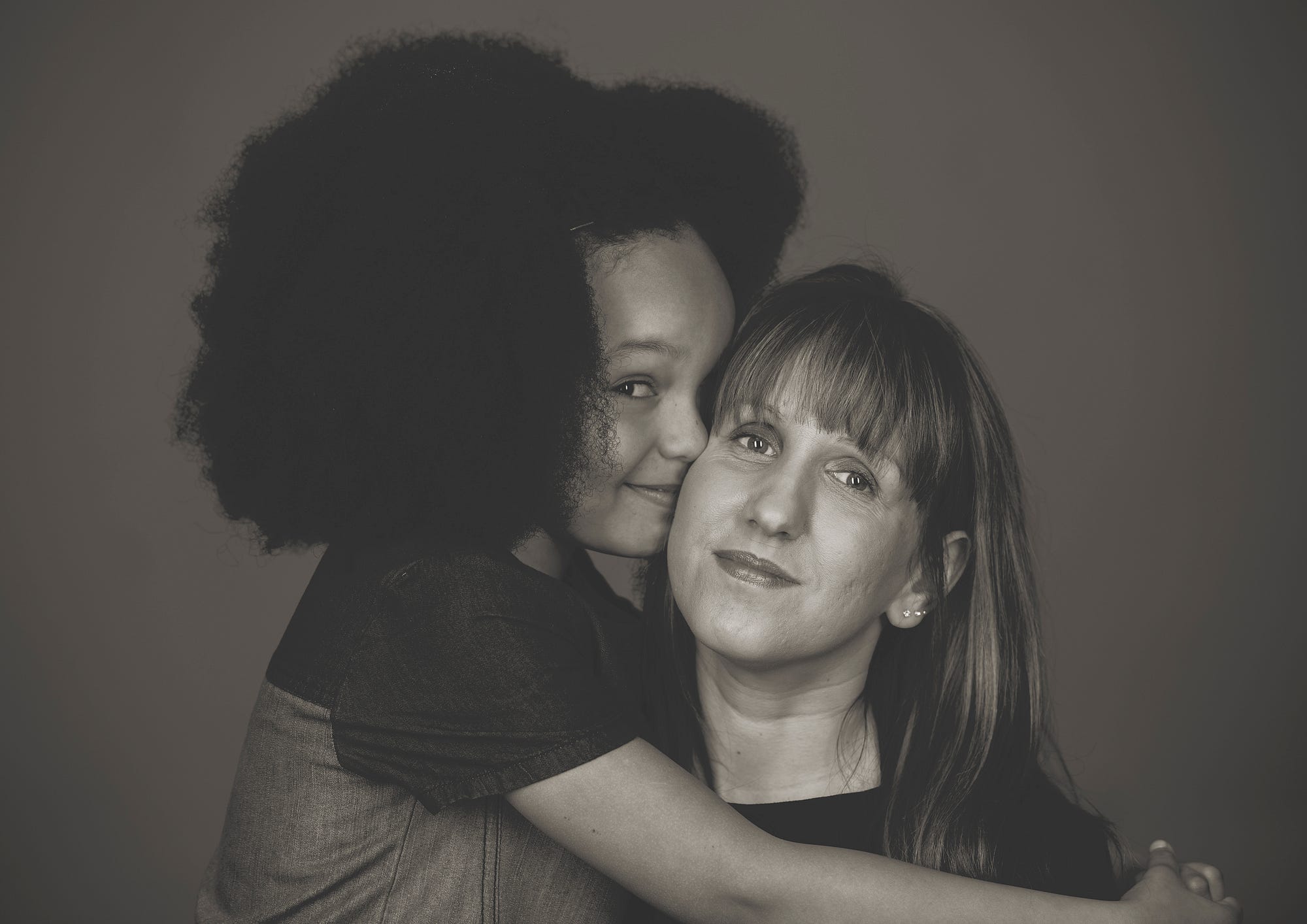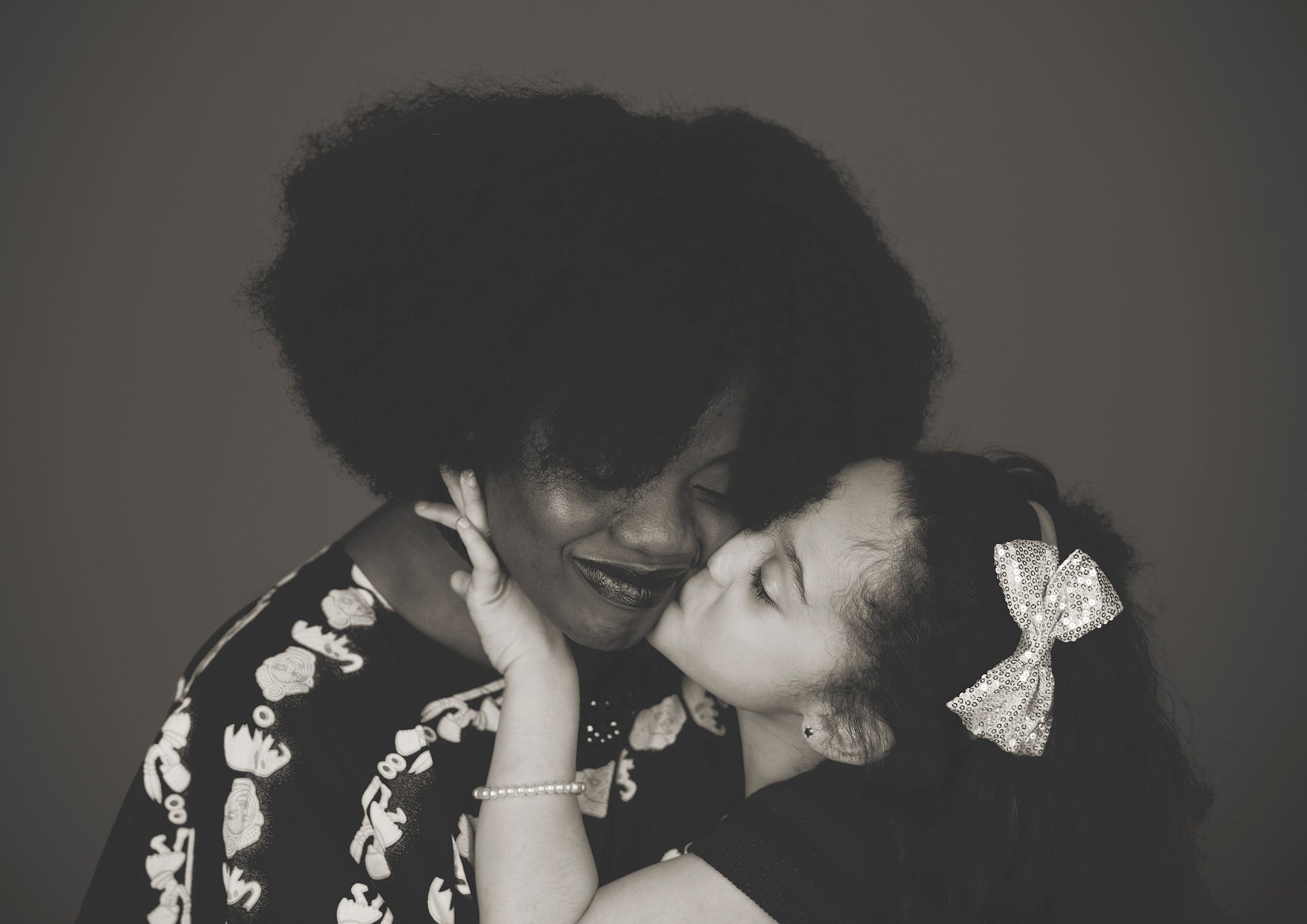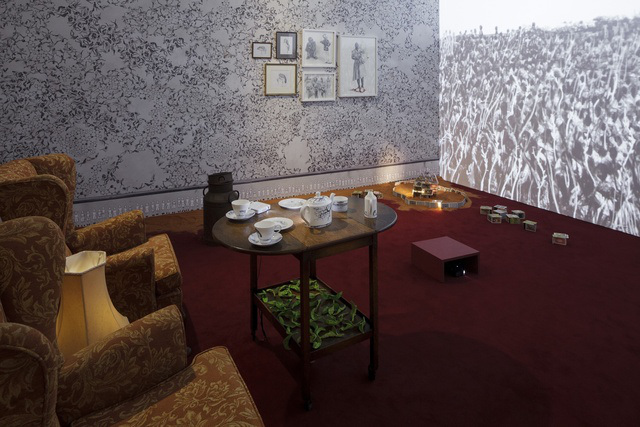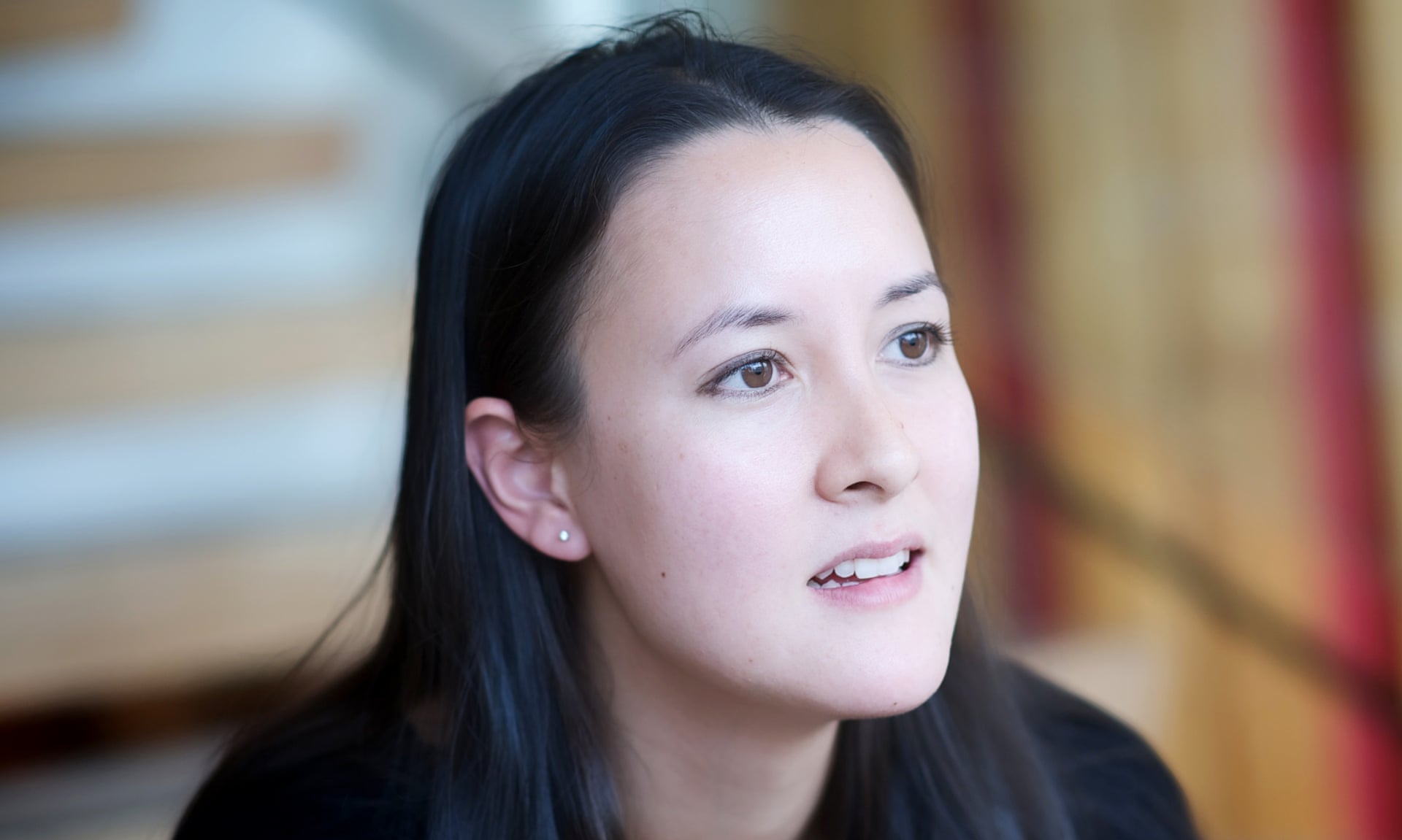Mixed Race…So What!Posted in Articles, Autobiography, Media Archive, United Kingdom, Women on 2016-01-22 22:58Z by Steven |
Spare Rib Magazine
Issue: 131 (June 1983)
page 58-60
Sonia Osman
This piece was going to be called ‘Women of mixed Race’, but after many discussions and thought I have decided not to call it that as I find the term ‘mixed race’ racist. Therefore I have gathered together various women’s pieces and have put them in a ‘suitable’ order for you to read. The concept of race is a strange one having no genetic validity at all. There are no genetic differences between Black and White people even though white, male, scientific intellectuals would like us to believe differently. Even anthropology does not include the concept of race. Race is seen as a specific term of abuse. The concepts of ‘mixed race’ or ‘half-caste‘ are racist, they imply that there is a pure race, an idea reminiscent of ‘Mein Kampf‘ and fascist ideology.
This piece is a very personal piece for me and does not intend to put over any specific political line; it does not intend to educate, but I hope it will make people think.
Sonia’s Piece
To be a woman of mixed race, a halfcaste, a half-breed doesn’t that sound exotic, romantic, erotic …. To Hell with the lot of you I Those are your LABELS, your racist interpretation, your fears internalized and LAID on. I don’t care anymore, do what you will, think what you will, safe in your whiteness, your blackness, your superior purity.
I am ME and I will always stay ME. I will never be white, Anglo-Saxon and PURE. Sorry, you’ll have to make do with a half-Finnish and half-Indian woman born and brought up in the splendours of Brixton, London. Am I angry with my lot? Wouldn’t you be angry if ever since you were knee high you had to put up with taunts, fights, bloody noses, put-downs, comments and insults? But perhaps that is my lot and I should be grateful for it. Thank you so much people, allowing me to be born and brought up in this glorious country of ours. It’s great to feel unwanted.
It’s strange and yet wonderfully weird, ‘cos I know that around the world I am seen as something else: In France I am taken to be a native French woman, (I do speak French, so that helps), in Spain I am taken to be Spanish. People have thought me South American, from Peru or Brazil, or from Turkey or Iran. Strange ain’t it here I am, the unwanted, the unloved, and the uncared for.
I do feel ‘lucky’ because I have learned things from both my mother and my father. From my father I learnt the proper way to make curry, chapatis and carrot halwa. He would take me to the mosque and show me where and how to pray. From my mother I learnt about her country’s history, the continual war with Sweden and Russia. Strange to think that Finland used to [be] a Russion Duchy. Memories of Finland are full and varied, miles and miles of sweet-smelling pine forest, millions of lakes, fresh-water fish, wild exotic berries, hay-making, and hot days of strawberry-picking. But yet, here in the country which is my Home, I am denied my right to be here. ‘Go home Paki’,—Ha I, where is my home? My home is HERE, and I intend to stay…
Read the entire article here.



